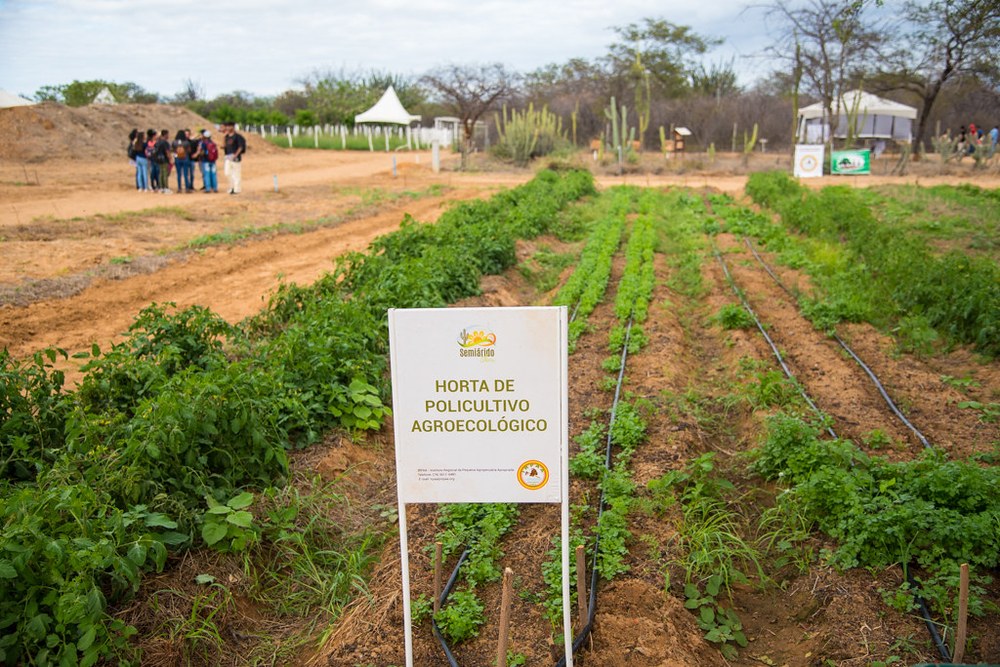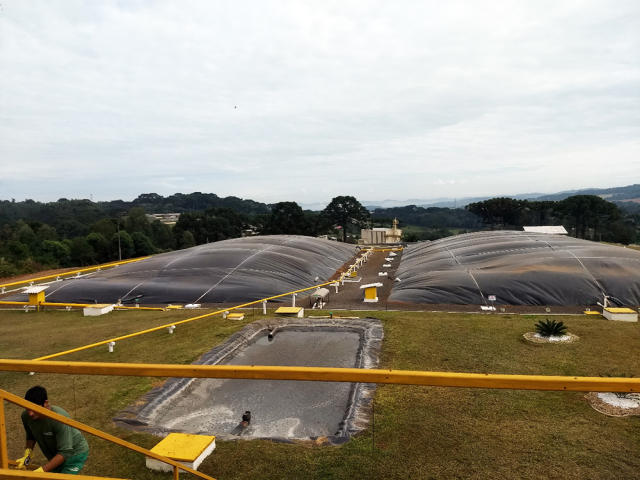Now at helm of the G20, Brazil launches its Global Bioeconomy Initiative
Brazil wants to expand developing countries’ access to four climate funds: the Green Climate Fund; the Climate Investment Funds; the Adaptation Fund; and the Global Environment Facility.

The Global Bioeconomy Initiative is one of the innovations of Brazil’s G20 presidency. It is based on discussions that bring together science, technology and innovation, and on the use of biodiversity resources to promote sustainable development. As part of the Sherpa Track—coordinated by Brazil’s Ministry of Foreign Affairs’ (Ministério das Relações Exteriores)—the initiative works towards establishing bioeconomy as crucial to social inclusion and the generation of decent and sustainable jobs.
“In addition to a different dynamic for the G20 working groups and task forces, Brazil is launching an initiative for bioeconomy. This topic must be addressed at the G20 by the presidency of a developing country,” highlighted the Secretary of Climate, Energy and Environment at the Ministry of Foreign Affairs André Corrêa do Lago.
The Secretary believes that, since Brazil is at the G30 presidency in 2024—and of BRICS+ and COP 30 in 2025—this is the opportunity to show capacity and coherence in using these spaces to highlight the climate crisis agenda, promoting “a Brazilian vision” and the priorities of the Global South.
“The G20 is the right place to frame the discussion on bioeconomy, connecting concepts that are not well tied together but valid for coming years; for relating technology, energy and other elements such as the need to take resources to where they are most needed, in contexts which the current financial model cannot reach,” said Ivan Oliveira, Undersecretary of Financing for Sustainable Development at the Ministry of Finance (Ministério da Fazenda).
Oliveira highlighted that, at the G20 presidency, Brazil has four important priorities: reviewing developing countries’ access to the four largest climate funds (GCF, CIF, Adaptation Fund and GEF); developing high-level principles and criteria towards building sectoral plans for a fair energy transition; producing an assessment report on data production costs (disclosure) for micro and small green companies; and identifying instruments to strengthen the developing countries’ capacity to prepare projects and obtain financing.
“Efforts towards connecting the Finance and Sherpa Tracks and creating task forces are all very interesting, since they highlight two critical issues—poverty and climate emergency—at the highest level. We have the opportunity to connect specific, more technical and useful ideas when searching for solutions, helping to make things happen,” said Oliveira.

The G20 Panel and the sustainability agenda
The priorities of Brazil’s G20 presidency for the sustainability agenda were discussed in a panel held by Apex Brasil (Brazilian Export and Investment Promotion Agency/Agência Brasileira de Promoção de Exportações e Investimentos) at COP 28—and mediated by Izabella Teixeira, Advisor Emerita at the Brazilian Center for International Relations (Centro Brasileiro de Relações Internacionais/CEBRI) and Co-Chair of the International Panel of Natural Resources at the UN Environment. The activity also discussed topics such as environmental sustainability and social and economic development.
Videos of the discussions are available here.